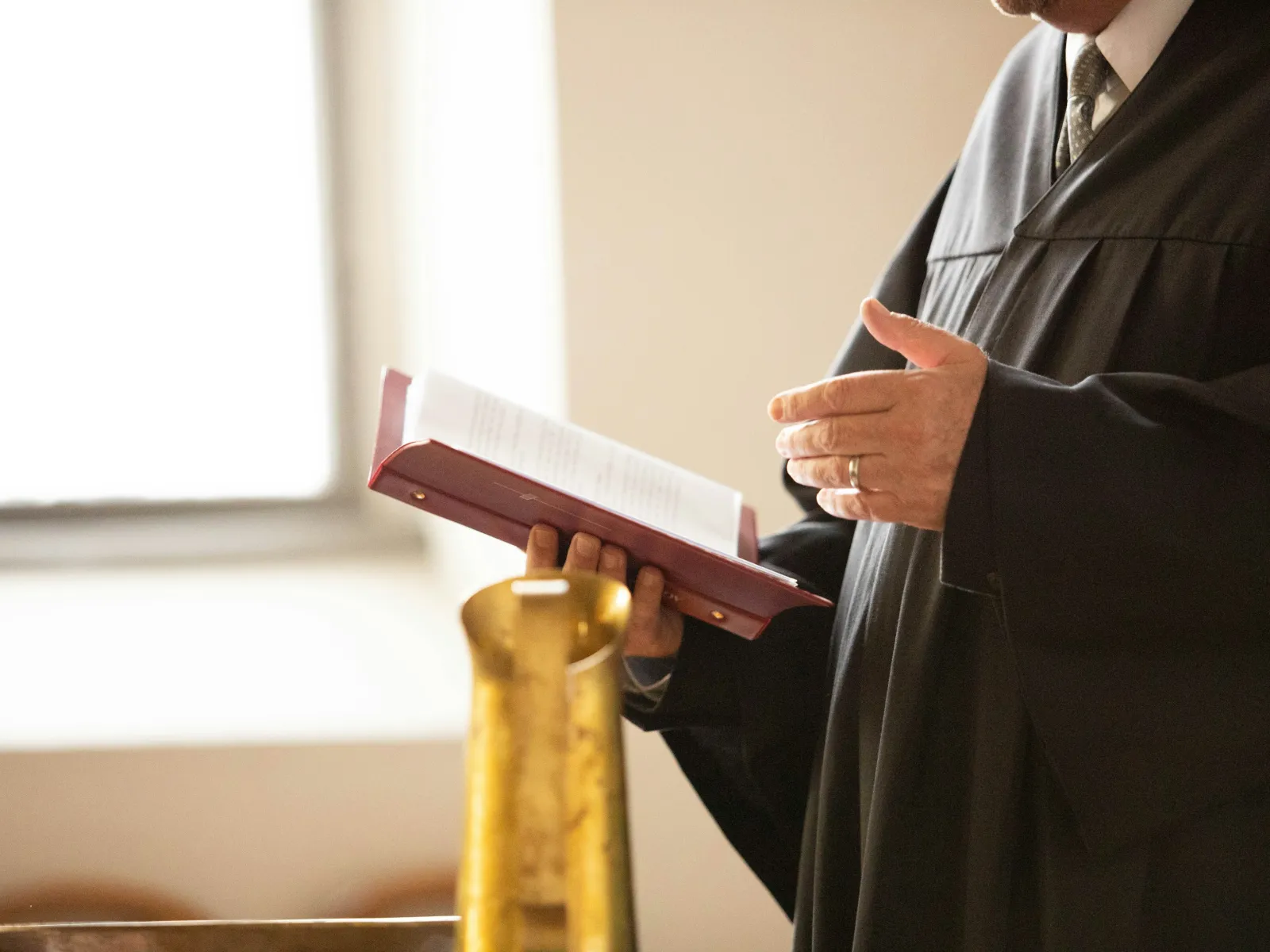
Domestic Relations Standing Order

What Is a Standing Order?
When
a new divorce lawsuit is filed in the Superior Court, most of the Superior
Courts in Georgia issue their Standing Orders, which are a type of a court
order. Standing Orders are usually filed together with the other initial court
filings, such as the Complaint for Divorce and Case Filing Information Form.
Since a Standing
Order is a court order issued by the judge, both parties are required to comply
with it. Any violation of the Standing Order could result in a finding of
contempt of court and could further negatively affect other aspects of the divorce
proceeding.
O.C.G.A.
§ 19-1-1 explains what a Standing Order is. Essentially, a Standing Order is in
nature an injunction and restraining order. That is, the Standing Order tells
the parties what they cannot do once the divorce lawsuit is filed.
The Superior Court where the divorce case is filed is not required to issue a Standing Order; however, the Superior Court may issue a Standing Order that prohibits the parties from doing any of the following:
(1) unilaterally taking the minor children at issue out of the State of Georgia;
(2) harassing or harming the other party; and
(3) selling, encumbering, trading or otherwise disposing any
of the property at issue.
Each county's
Standing Order may be unique and not identical to those of the other counties.
Therefore, it is very important that you familiarize yourself with the contents
of the Standing Order filed in your case.
Also, Standing
Orders are issued not just in divorce cases, but also in other domestic
relations cases, such as child custody matters.

What Happens if One Party Violates a Standing Order?
If
one party violates a Standing Order, then that party may be held in contempt of
court. Contempt of court means intentional violation of a court order. For
example, if, without the permission of the court, one party unilaterally sells
a piece of rental real property during the divorce litigation, then that sale
could be deemed a violation of the Standing Order (if the specific Standing
Order prohibits such sales). Further, if such sale was in bad faith, such bad
faith conduct could negatively affect the entire litigation.

When Does a Standing Order Take Effect?
For
the petitioner, the Standing Order would take effect upon the filing of the
divorce action because the petitioner, as the initial filer, would have
immediate notice of the Standing Order.
However, for the
respondent, the Standing Order would generally take effect once the respondent
is served with process.

Can a Standing Order Be Revised?
Yes,
the statute expressly states that a Standing Order may be revised by the court.
See O.C.G.A. § 19-1-1(c) ("Upon written motion of a party, the standing
order provided for in this Code section shall be reviewed by the court at any
rule nisi hearing.") The party that wants the court to revise a Standing Order needs
to file a motion containing such requests, and the court would hold a hearing
on the motion.
If you have any
questions about the Standing Order in your case, you may want to consult with
an experienced Georgia Divorce Lawyer.
